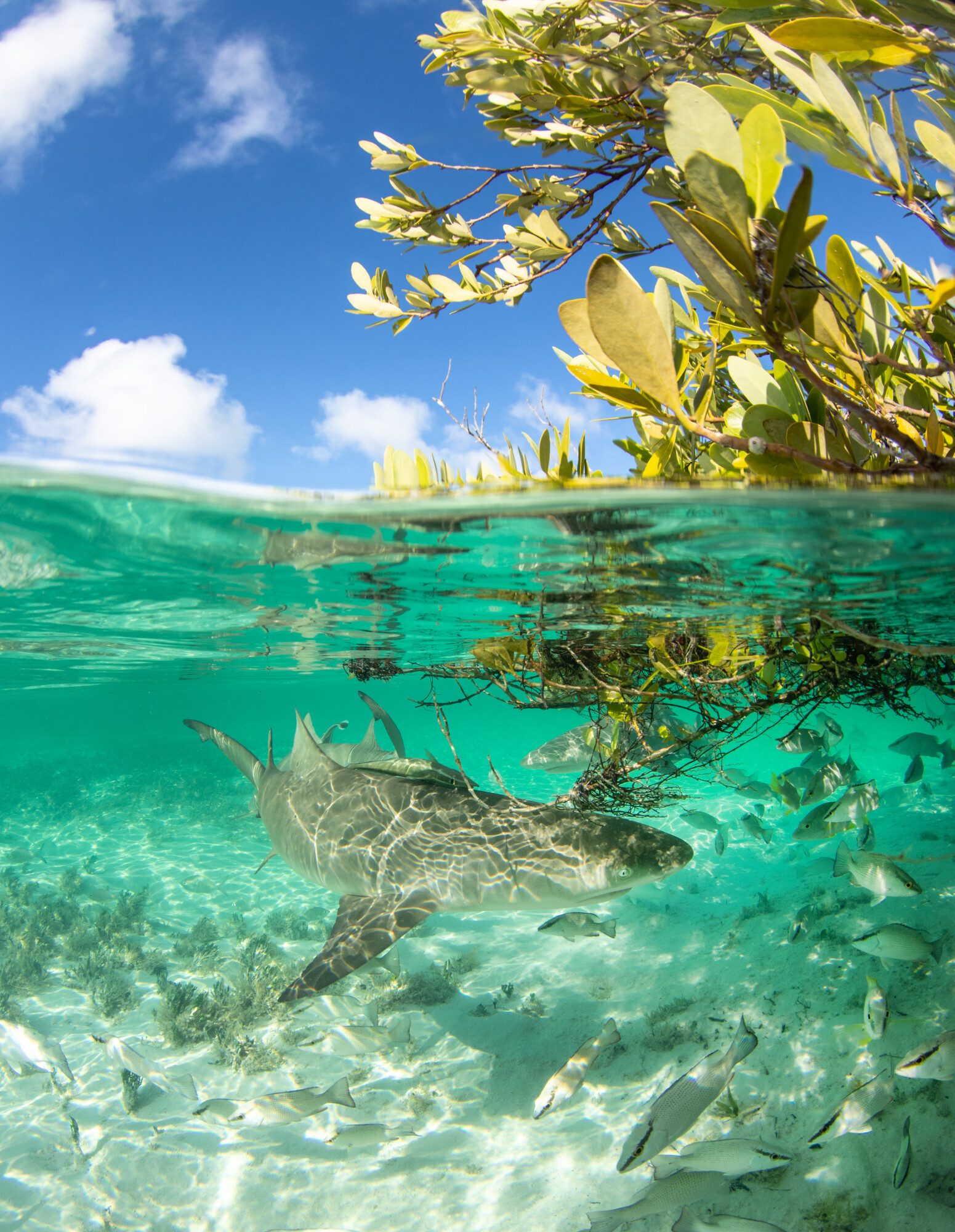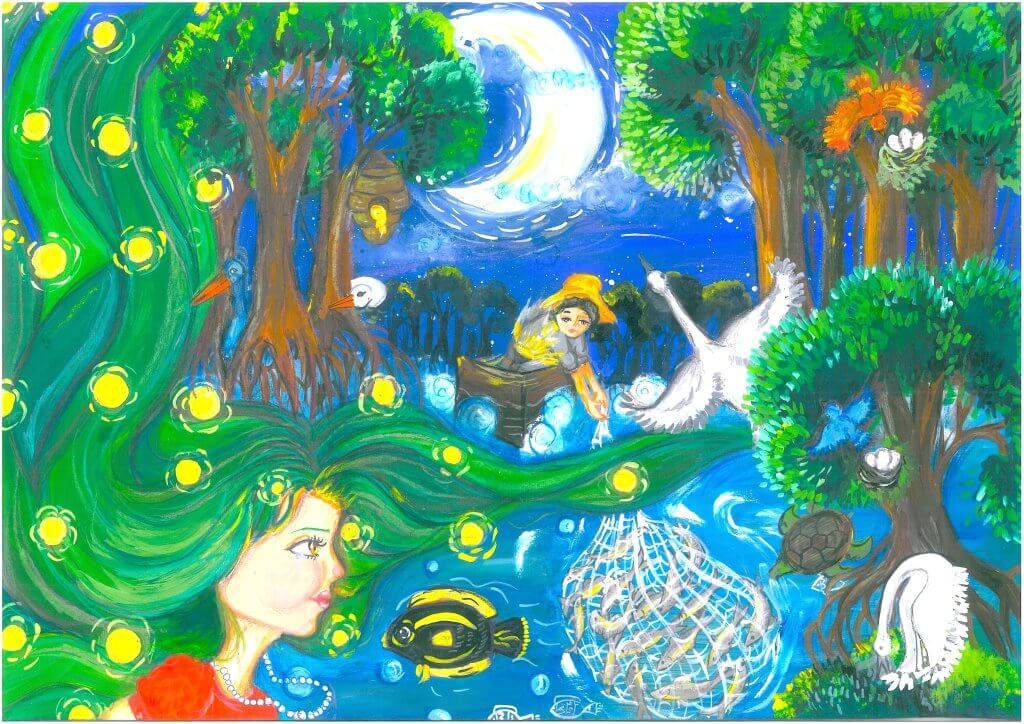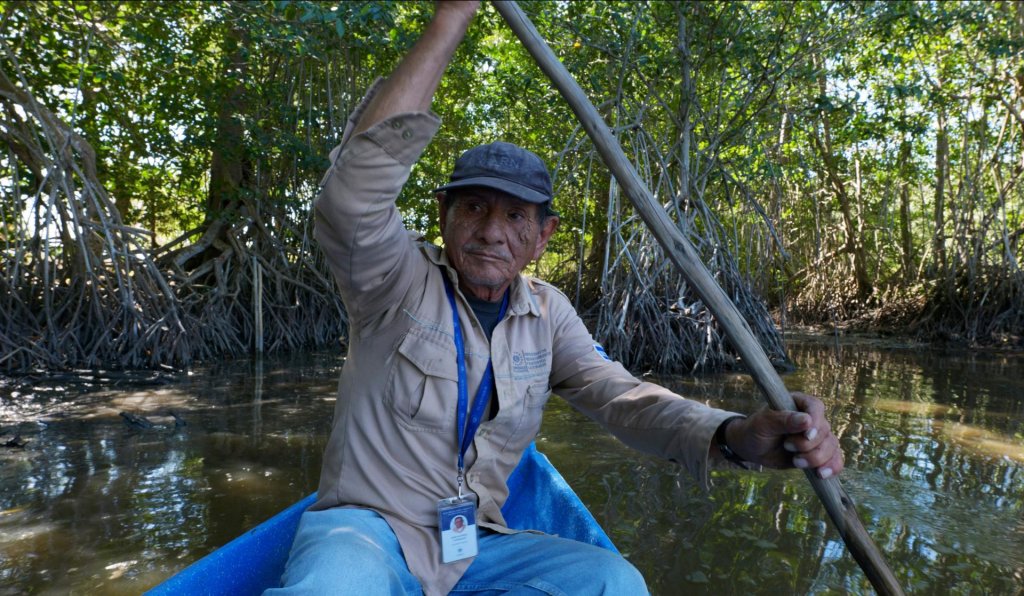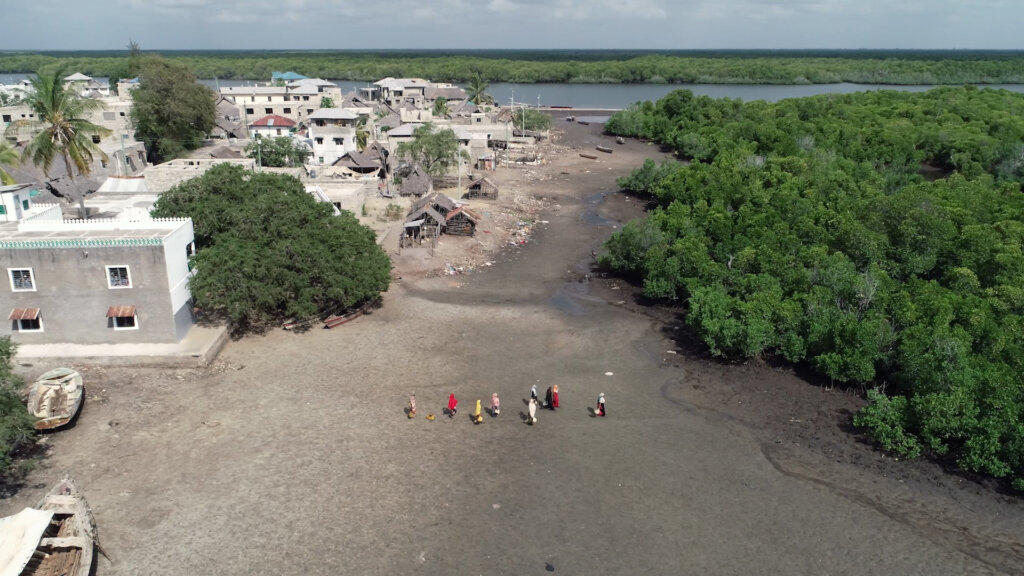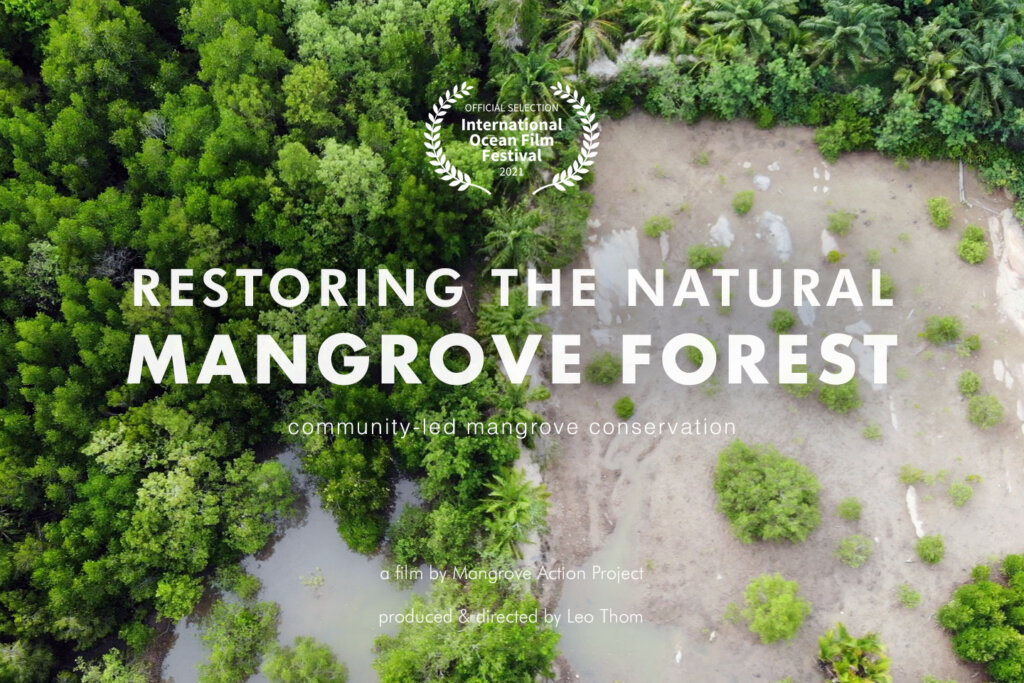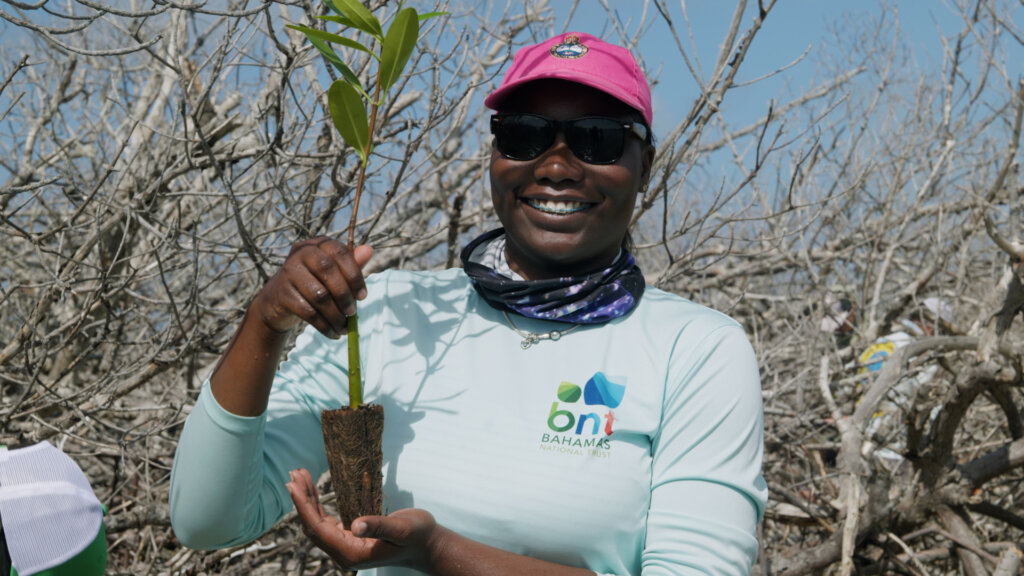Media
- Read more about Strengthening Connections for Conservation in Puerto RicoBlog
Strengthening Connections for Conservation in Puerto Rico
April 20–28, 2025 Visit by Alfredo Quarto and Monica Gutierrez-Quarto In April 2025, MAP’s Alfredo Quarto and Monica Gutierrez-Quarto traveled…
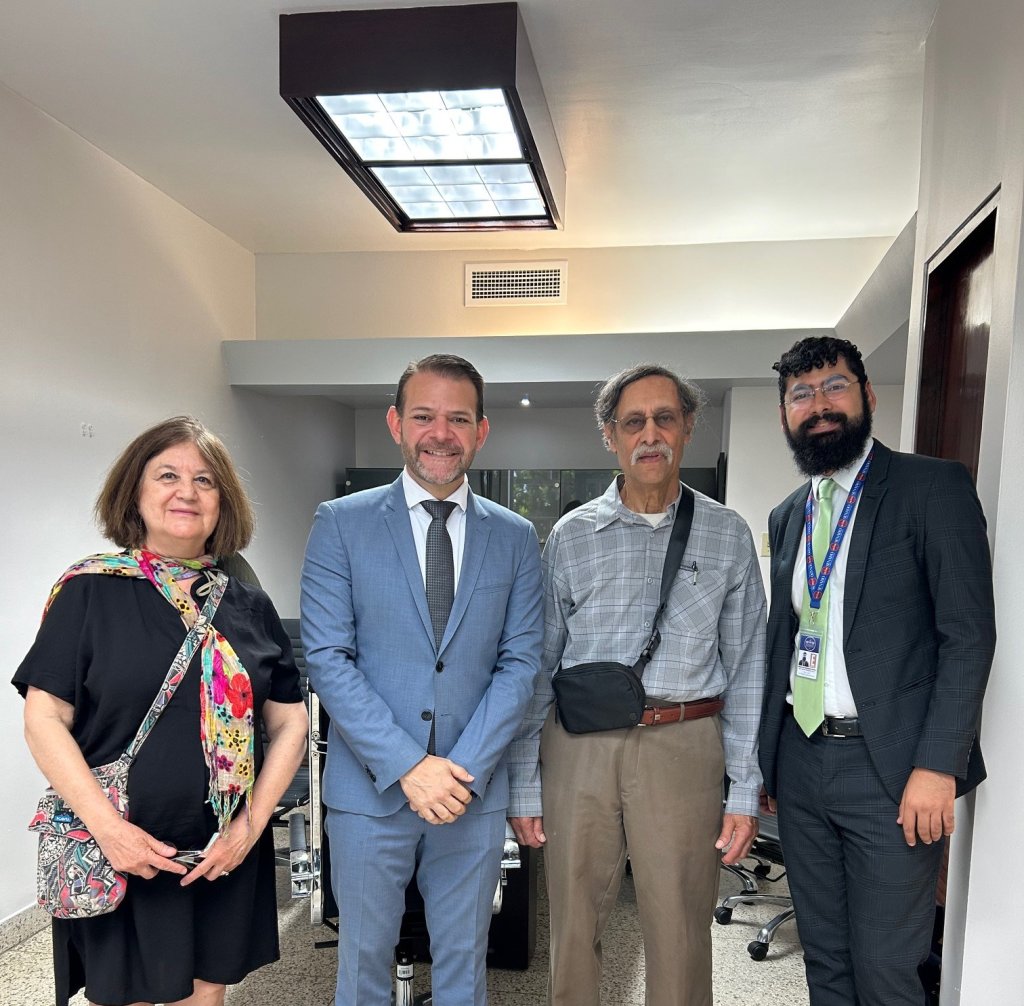
- Read more about The Wonder of Mangroves
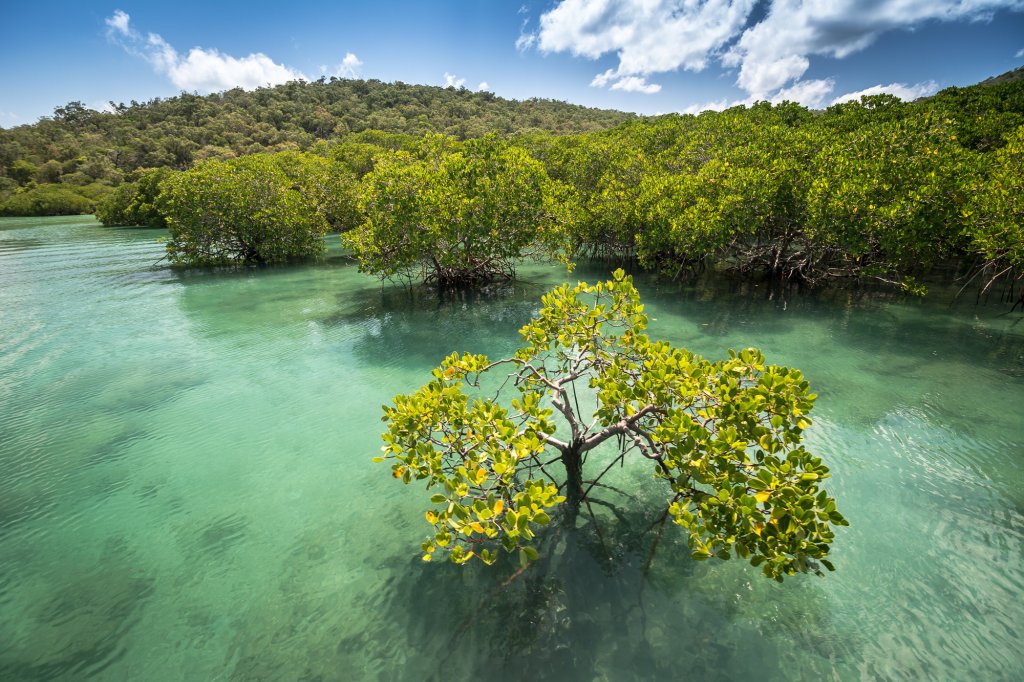
- Read more about The 2025 Mangrove Photography Awards Are Now Open!Contest
The 2025 Mangrove Photography Awards Are Now Open!
The 2025 Mangrove Photography Awards Are Now Open! We’re thrilled…

- Read more about Open For Submissions: Children’s Mangrove Art Contest 2025!
Featured Videos
Watch more videos- Read more about Return of the Mangroves
- Read more about Restoring Lamu's Mangroves
- Read more about Restoring The Natural Mangrove Forest
- Read more about Recovering Mangroves in the Bahamas
- Read more about Earthrise: Mangrove Rebirth in Tanakeke and Tiwoho
Take action
Thank you for your interest in our work. Would you like to play an active role in protecting these mangroves before it’s too late? Become a donor and join our global community of mangrove stewards.
Media Corner
For media inquiries, please contact: media@mangroveactionproject.org
Our team is happy to comment on news relating to mangroves conservation and restoration.
